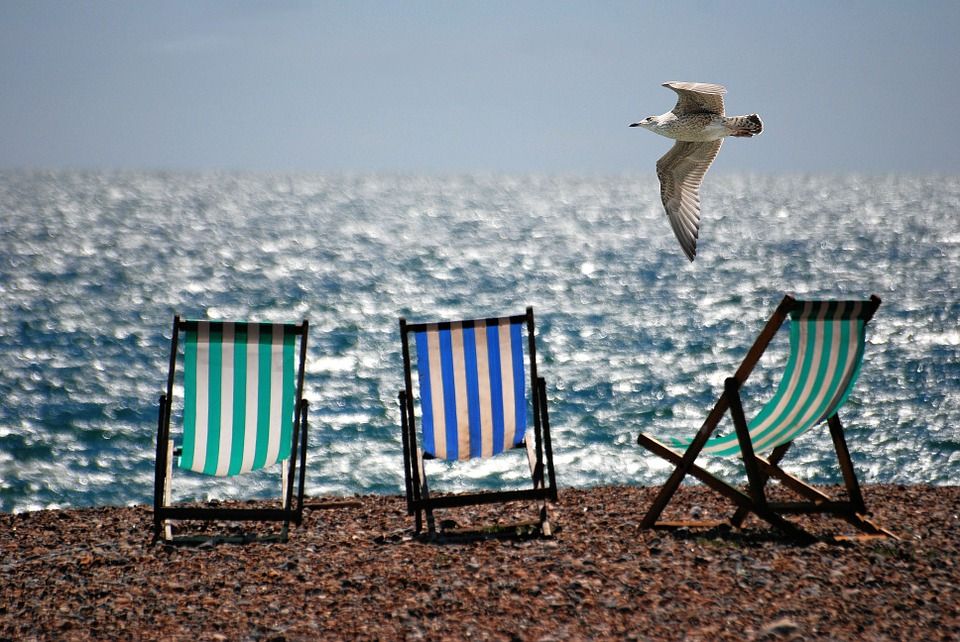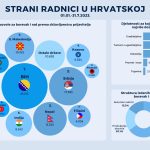The City of Poreč has been implementing a peculiar control measure for the last seven years
While Croatia’s demographic data looks more depressing with each passing year, we can all agree on a certain part of the population which shouldn’t experience any growth: seagulls.
A staple item of the quintessential Adriatic experience, seagulls provide that je-ne-sais-quoi to any coastal landscape. And yet, anyone who’s ever taken a walk along a seaside promenade in Croatia – especially while carrying something edible in plain sight – knows the otherwise charming birds can be a nightmare. As soon as any seagull spots you opening a bag of chips or unwrapping a sandwich, it will swoop down from the sky and snatch your afternoon snack without stopping to apologise.
As plenty of coastal cities double as attractive tourist destinations, this peculiar feature isn’t something they’d like too see marketed as part of the all-inclusive Croatian holiday experience. The City of Poreč had thus decided to do something about their annoying thieving residents: in 2011, they introduced a control measure which has so far decreased the seagull population by 2.900 and prevented an estimated eventual increase of a staggering 14.000 birds.
Before anyone’s mind goes straight to an image of seagulls being used for target practice, let us note the measure is entirely humane in character and does not involve any kind of animal cruelty. The project consists solely in removing the unhatched eggs from seagull nests and replacing them with plastic ones, as research has shown that the birds don’t know the difference. Plastic eggs are the key factor here, as breeding seagulls tend to just keep mating and laying new eggs if they notice them missing.

In the last seven years, 14.551 artificial eggs have been placed in nests lining the coast from Novigrad to Rovinj, and the experts monitoring the birds’ behaviour established that the measure prevented an equal number of baby birds from hatching. The team from Poreč received inquiries on the method from the island of Krk, the City of Rijeka and Primorje-Gorski Kotar County, all of the areas looking for an effective solution to the same issue.
Poreč plans to carry on with the procedure and continuously educate both residents and visitors. Our local species, the European herring gull, has a life span of 35 years – especially if its living conditions involve plenty of readily available meals. Thirty-five years is a lot of time to reproduce, so we’re all advised to do our part in keeping their numbers under control – the next time you find yourself at a beach or at any seaside promenade, don’t feed the birds or leave any food lying around. The gulls are watching.
Source: Lokalni.hr








